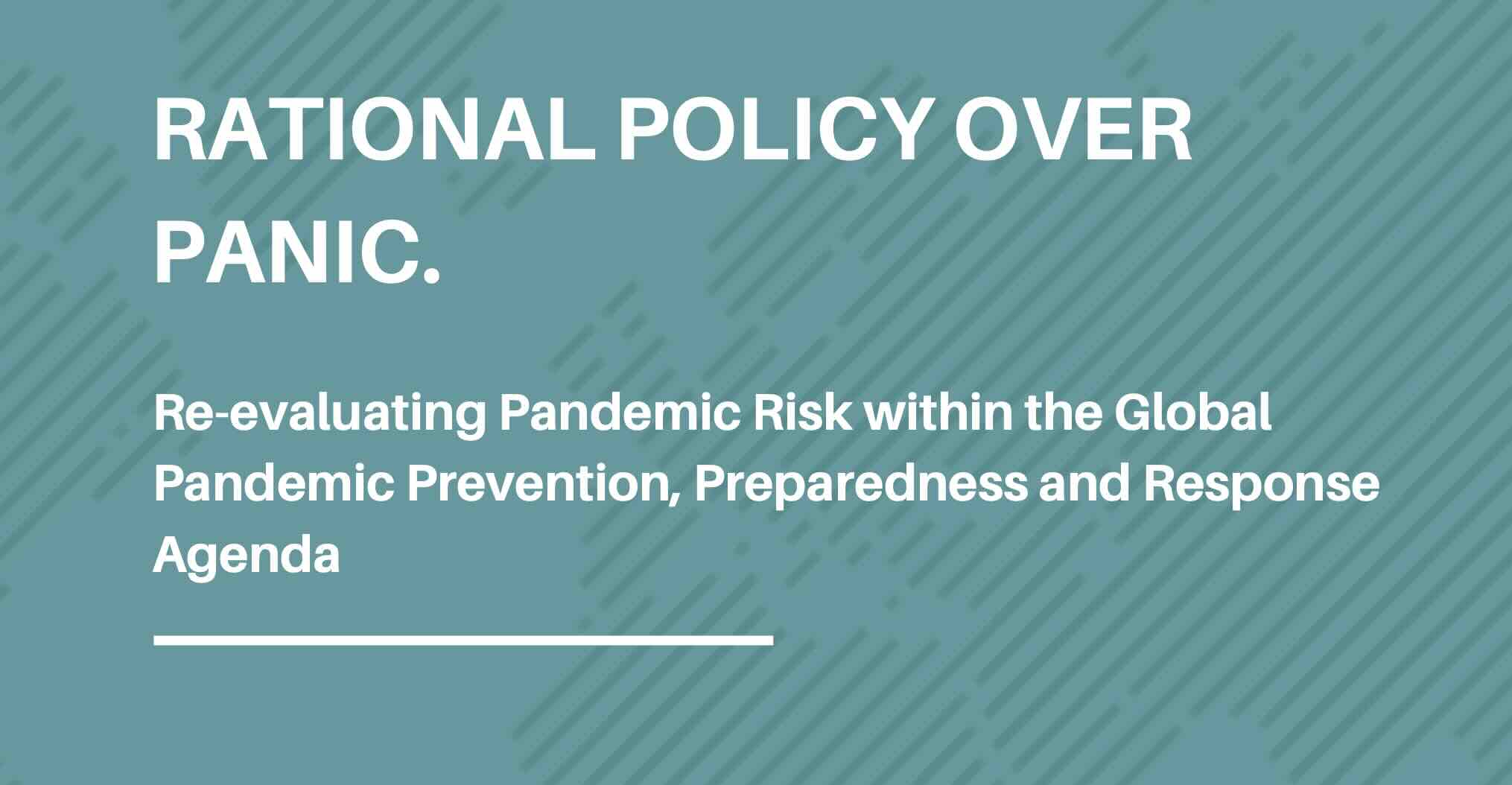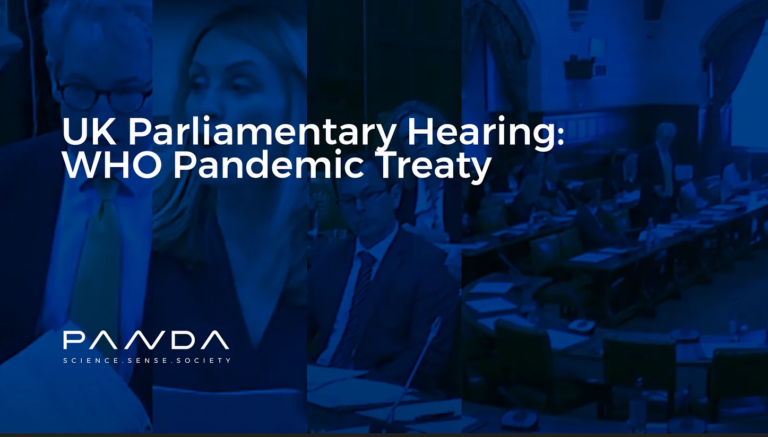Re-Evaluating the Pandemic Preparedness And REsponse agenda (REPPARE)
Visit the REPPARE homepage at the University of Leeds
From the REPPARE site:
Dealing with pandemics and other health emergencies is an important aspect of public health. Interventions must be weighed against potential direct and indirect benefits, the probability that an intervention can be realized, and the direct and indirect costs that will be accrued. Such costs and benefits must include social and mental impacts, assessed within an ethical framework that respects human rights. Human populations are diverse in terms of risk, whilst priorities are influenced by cultural, religious and social factors, as well as competing priorities arising from other diseases. This requires careful policy development and an implementation approach that responds to public need and is consistent with the will of the community.








